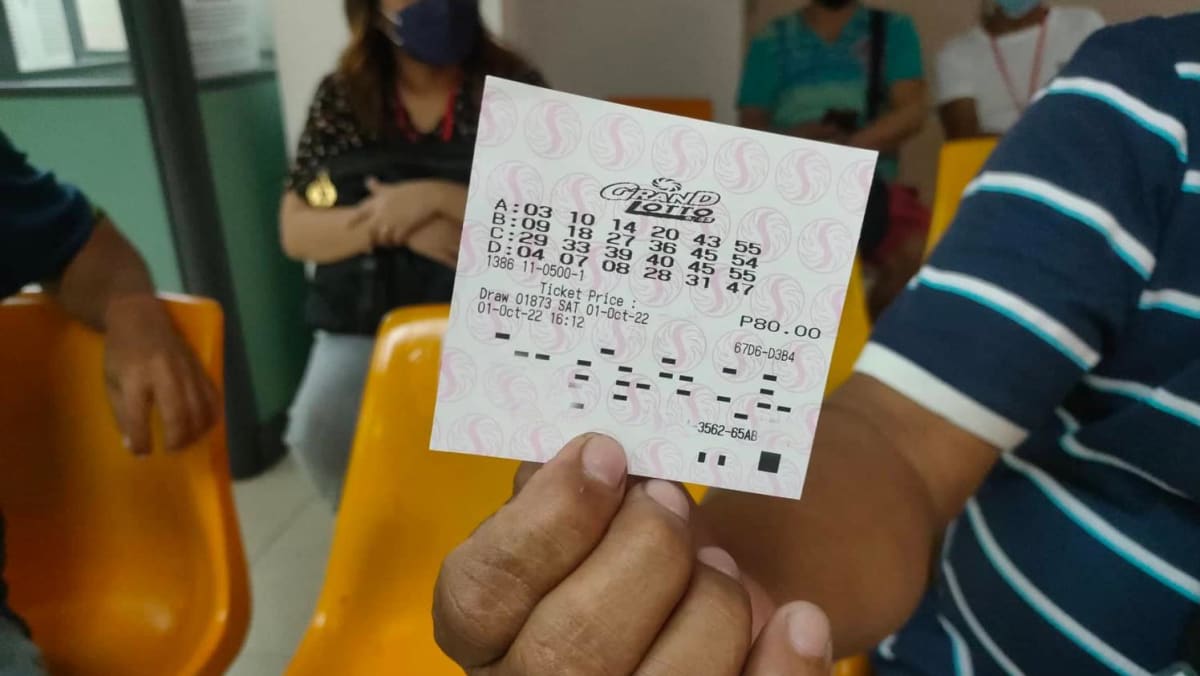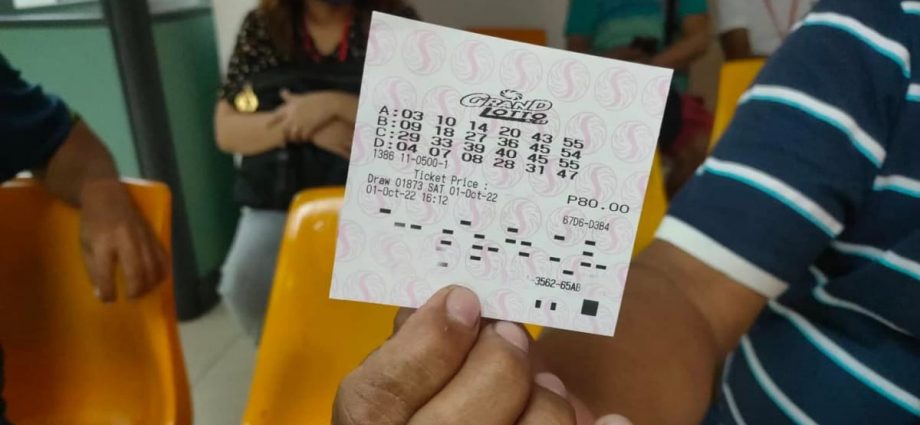
Also, you have to remember that the winning sequence is the Philippines lotto is no less likely to be drawn than any other sequence of numbers. The chances of 9, 18, 27, 36, 45 and 54 being drawn are exactly the same as, say, 1, 18, 19, 28, 30 and 46.
Yet many people would (wrongly) perceive the latter sequence to be more likely to occur at random.
In general, humans have been shown to be surprisingly poor judges of what a string of truly random numbers would look like. In fact, they have even been outsmarted at simple probabilistic pattern-matching by the humble pigeon.
In one study, participants were more than twice as likely to select an odd number than an even number when asked to think of a random number, suggesting that some numbers may “feel” more random than others, despite the obvious absurdity of this.
COULD FOUL PLAY BE INVOLVED?
The fact that 433 winning tickets were sold is far from convincing evidence of any wrongdoing. It would be interesting to know how many people bought this same pattern of numbers in previous weeks, or which other combinations also attract several hundred ticket sales.
Based on anecdotal evidence from other lotteries, this number may not at all be unusual.
We also need to consider the many thousands of similar lotteries drawn around the world each year, almost all of which receive no international press. While such outcomes are highly improbable for any given draw, the huge number of total lotteries means it’s actually quite likely at least one of them will produce a remarkable outcome by chance alone.
There are often accusations when remarkable lottery results are announced, perhaps most infamously when FC Barcelona legend Xavi was announced the winner of a private lottery shortly after moving to Qatar.
But overall it is highly plausible the only real statistical anomaly at play here is how so many people’s perception of randomness drew them to the same number pattern. That said, I won’t be rushing to buy a lottery ticket any time soon.
Stephen Woodcock is Associate Professor of Mathematical Sciences at University of Technology Sydney. This commentary first appeared on The Conversation.

